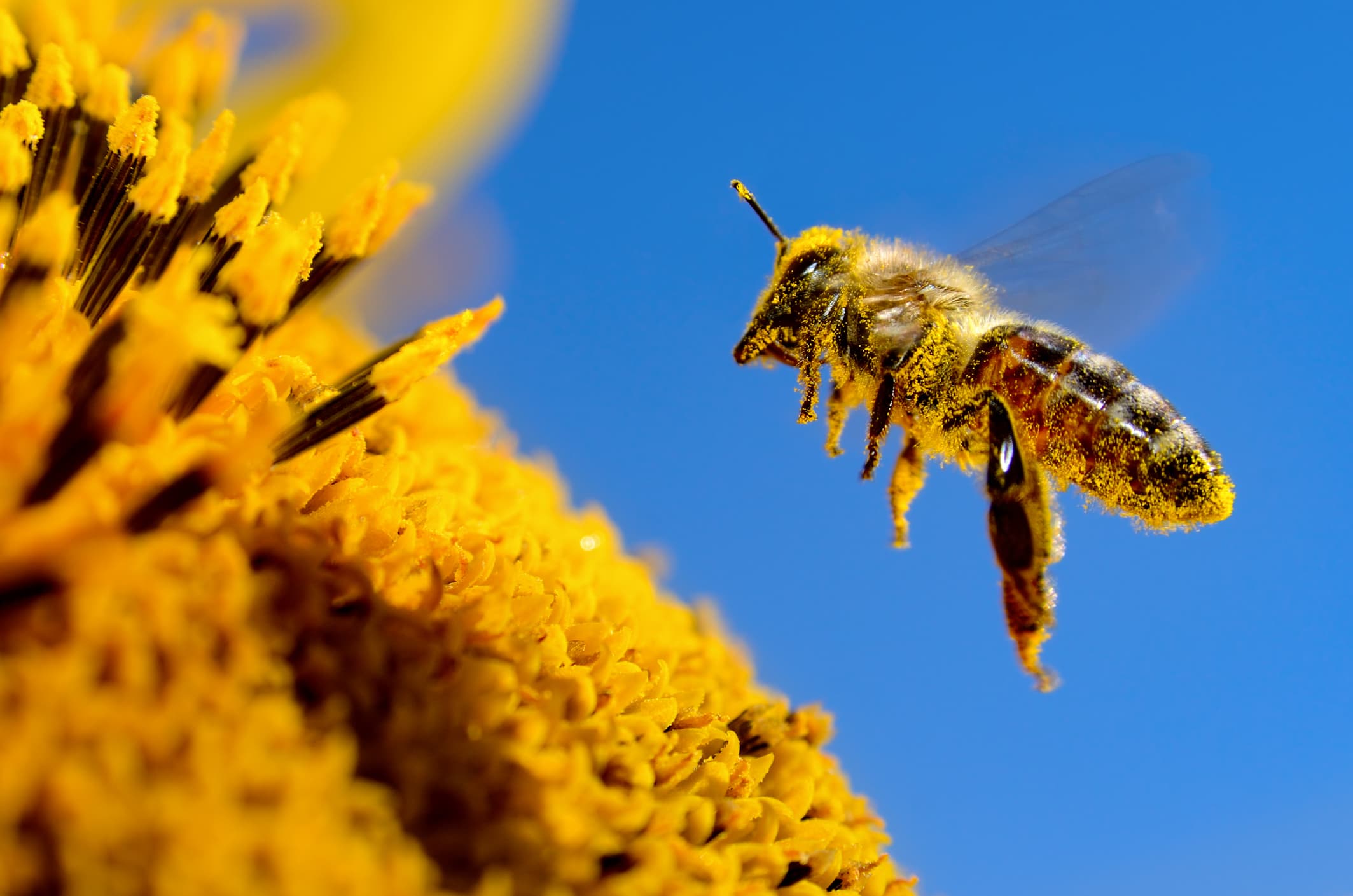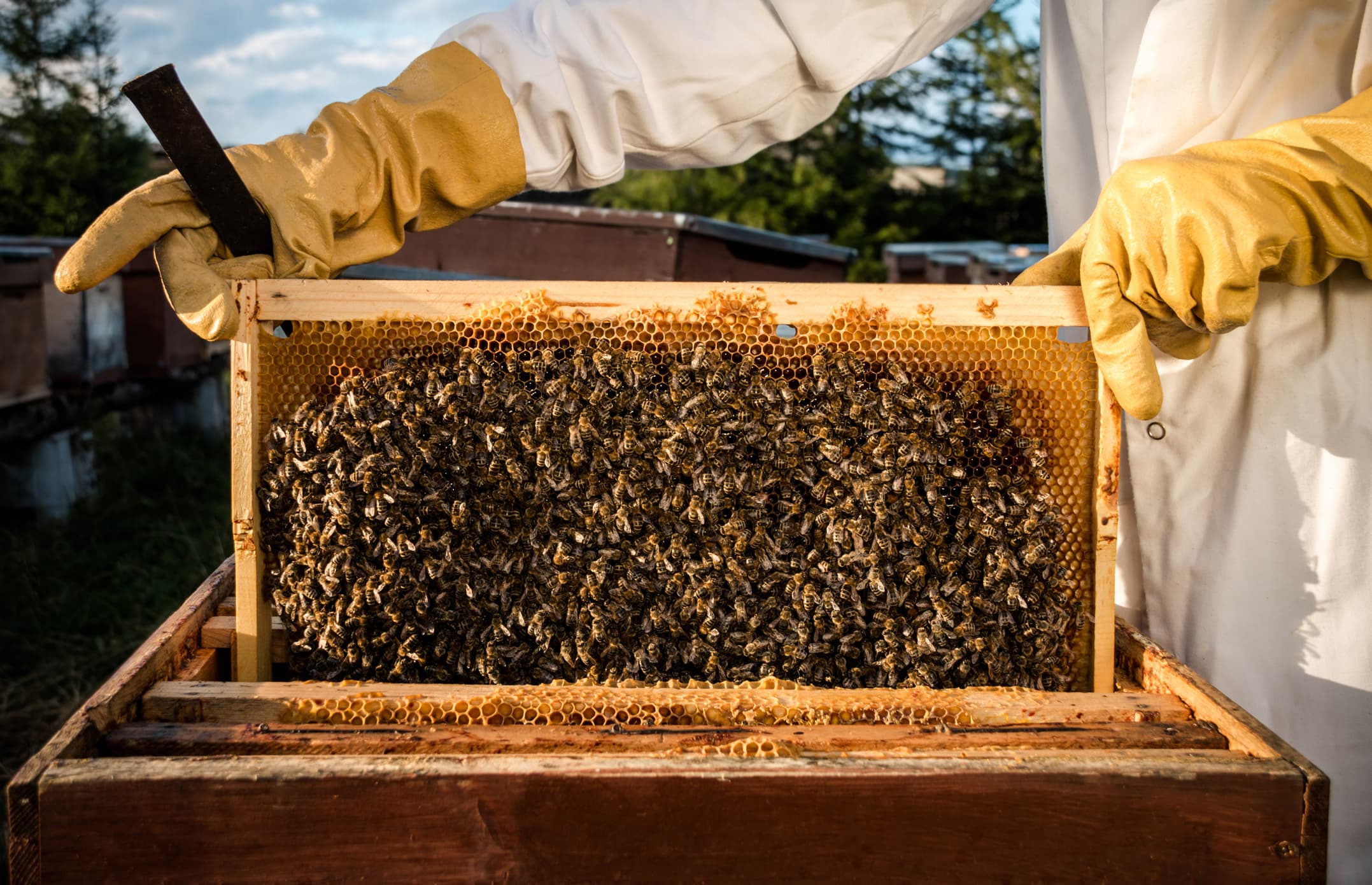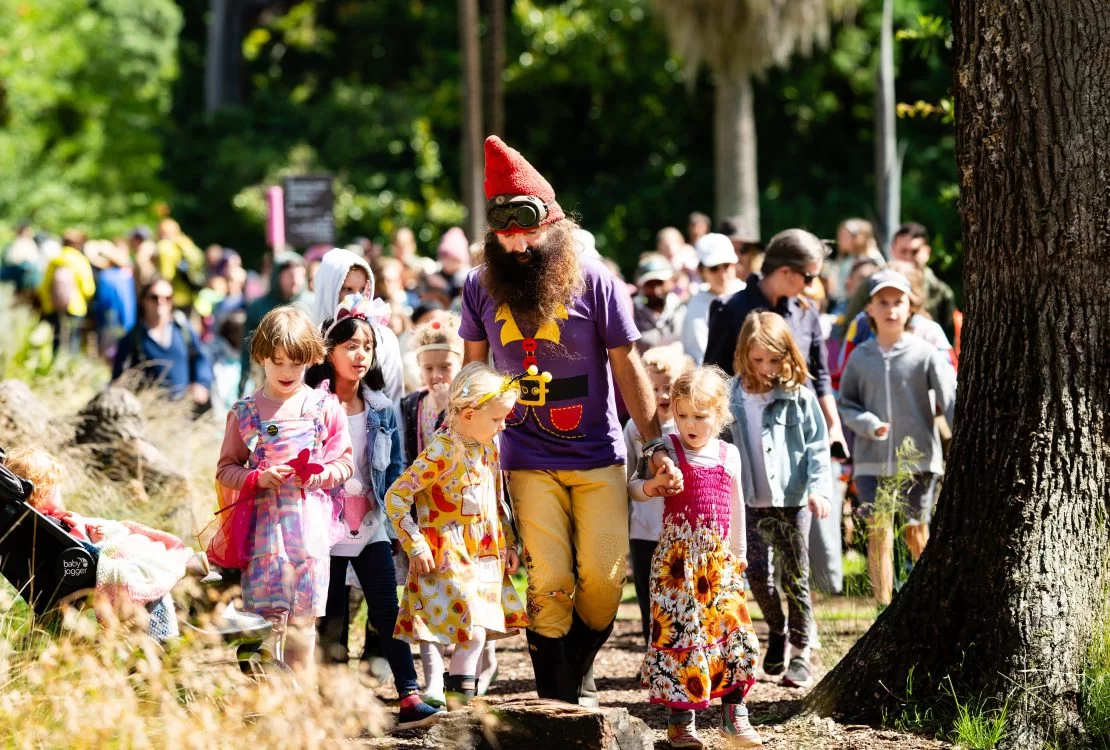Every July 10, Don’t Step On A Bee Day offers more than just a gentle reminder to watch where you walk. It’s a call to action to protect one of nature’s most vital pollinators. Bees are essential to our food systems, ecosystems, and biodiversity. Yet, their populations are under threat. This day encourages us to recognize their importance and take steps to ensure their survival.
What is Don’t Step On A Bee Day?
Don’t Step On A Bee Day is an annual awareness event that highlights the crucial role bees play in pollination and the overall health of our environment. While the name might sound whimsical, the day serves a serious purpose: to raise awareness about the declining bee populations and the threats they face, including habitat loss, pesticide use, and climate change. The day encourages individuals to be mindful of bees and their habitats, advocating for safe and bee-friendly environments.
When is Don’t Step On A Bee Day?
Don’t Step On A Bee Day is observed annually on July 10. In 2026, it falls on a Thursday. The day is marked by various activities aimed at promoting bee conservation, including educational events, social media campaigns, and community initiatives to create bee-friendly spaces.
Why Don’t Step On A Bee Day Matters
Bees are indispensable pollinators, responsible for the reproduction of many plants and crops. Approximately one-third of the food we consume relies on pollination, primarily by bees. Without them, our diets would lack many fruits, vegetables, and nuts. Moreover, bees contribute significantly to biodiversity and the health of ecosystems. However, bee populations are declining due to various factors, including pesticide use, habitat destruction, and climate change. This decline poses a threat not only to bees but also to global food security and environmental health.

A honeybee, dusted in golden pollen, hovers near a sunflower against a clear blue sky – a vivid reminder of nature’s quiet pollinators at work.
How to Get Involved in Don’t Step On A Bee Day
There are several ways individuals, communities, and organizations can participate in Don’t Step On A Bee Day:
- Plant Bee-Friendly Flowers: Cultivate a garden with a variety of flowers that bloom at different times to provide a continuous food source for bees.
- Avoid Using Pesticides: Reduce or eliminate the use of harmful pesticides in your garden to create a safer environment for bees.
- Support Local Beekeepers: Purchase honey and other products from local beekeepers to support sustainable beekeeping practices.
- Create a Bee Bath: Place a shallow dish of water with stones in your garden to provide bees with a safe place to drink.
- Educate Others: Share information about the importance of bees and how to protect them with friends, family, and on social media.
These actions, though small, collectively contribute to the well-being of bee populations and the ecosystems they support.
History of Don’t Step On A Bee Day
Don’t Step On A Bee Day was created by Thomas and Ruth Roy, who are known for establishing various quirky and meaningful observances. While the exact year of inception is unclear, the day has gained traction over the years, especially in the United Kingdom and the United States. Initially, it served as a reminder to be cautious of bees to avoid stings. Over time, it evolved into a broader campaign emphasizing the importance of bees to our environment and the urgent need to protect them.
Noteworthy Facts About Don’t Step On A Bee Day
- There are over 20,000 known species of bees worldwide, each playing a unique role in pollination.
- Bees contribute approximately £420 million to the UK economy annually through pollination services.
- Honey bees communicate the location of food sources to their hive mates through a “waggle dance.”
- The use of neonicotinoid pesticides has been linked to bee population declines, leading to restrictions in several countries.
- Urban beekeeping has become increasingly popular, with rooftop hives supporting local bee populations in cities.

A beekeeper carefully lifts a hive frame teeming with honeybees – a glimpse into the vital world of pollination and sustainable beekeeping
Hashtags
#DontStepOnABeeDay, #SaveTheBees, #BeeConservation
Links
Related Events
February 1 - February 27
February 1 - February 27
February 1 - February 27
February 1 - February 27







